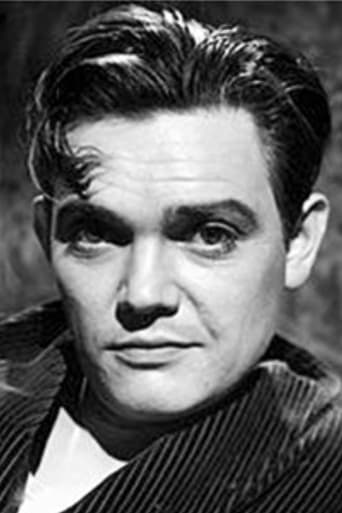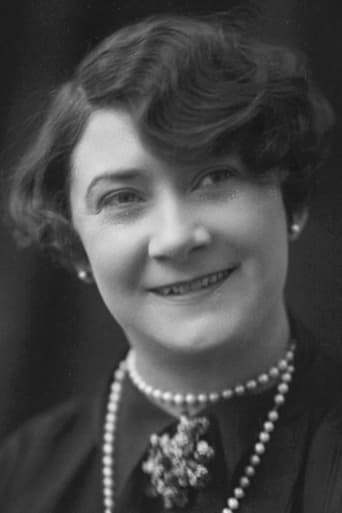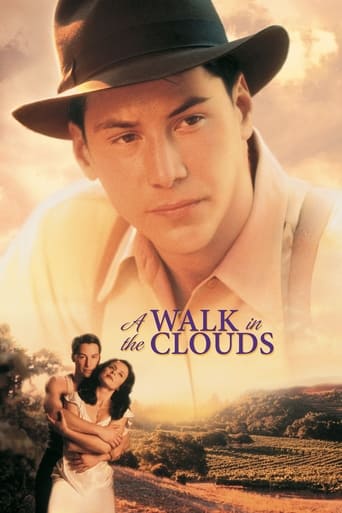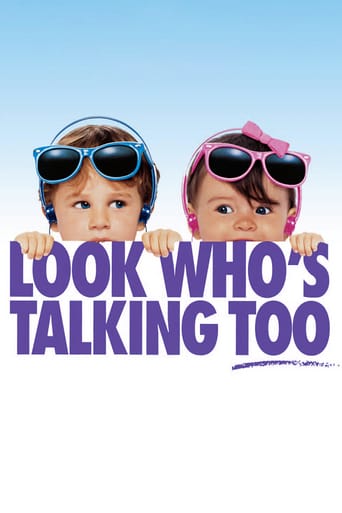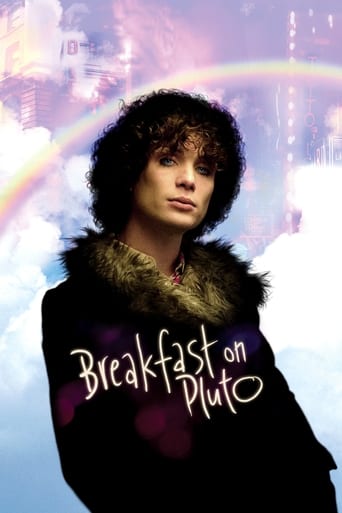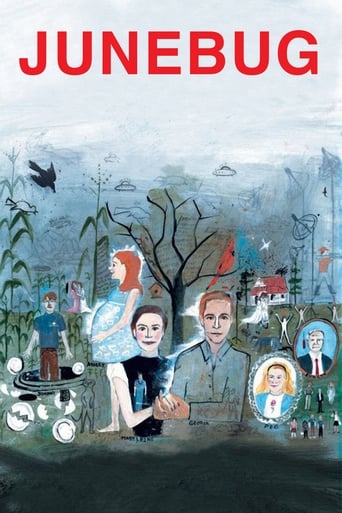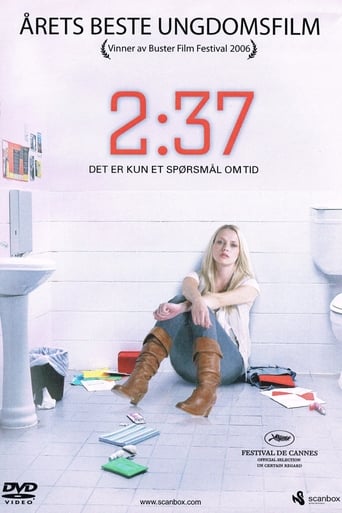
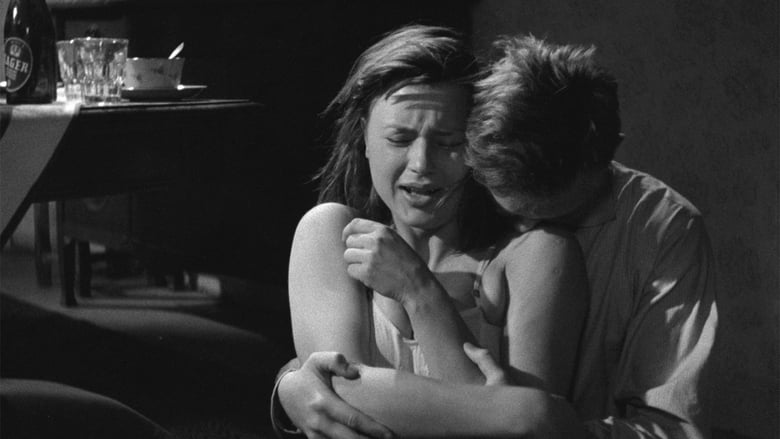
Summer with Monika (1955)
Monika from Stockholm falls in love with Harry, a young man on holiday. When she becomes pregnant they are forced into a marriage, which begins to fall apart soon after they take up residence in a cramped little flat.
Watch Trailer
Cast
Similar titles
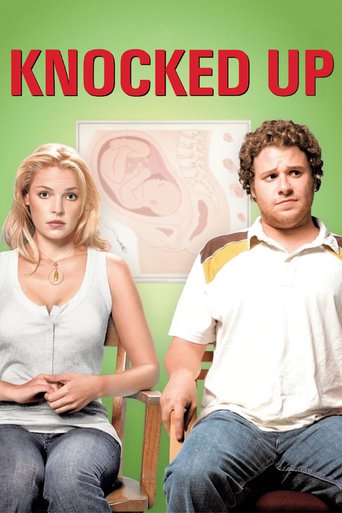
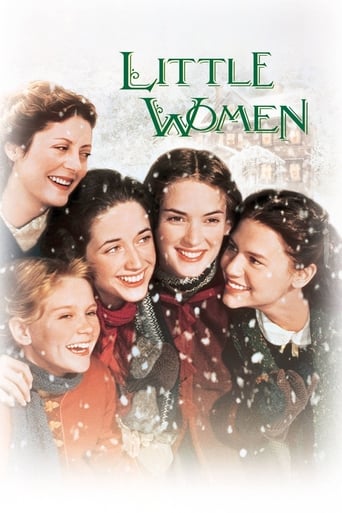
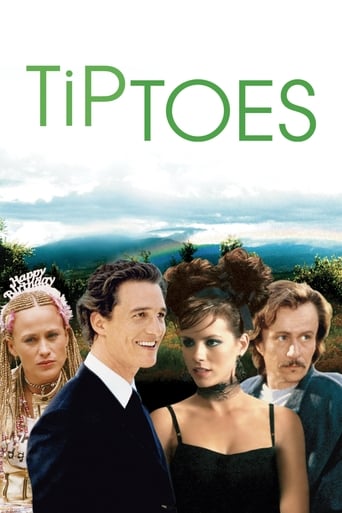

Reviews
This movie is the proof that the world is becoming a sick and dumb place
Am I Missing Something?
The tone of this movie is interesting -- the stakes are both dramatic and high, but it's balanced with a lot of fun, tongue and cheek dialogue.
The joyful confection is coated in a sparkly gloss, bright enough to gleam from the darkest, most cynical corners.
Sommaren med Monika is the 12th movie in Bergman's career, and until now we have seen a similar pattern in all of his movies. This Hollywood-looking style in the story, written in Bergman's hidden poetic way with great camera work. From Musik i Mörker, to Kris and Det regnar på vår kärlek. This film is the subtle beginning of the period of movies that shakes us to the core, and makes us wander. The dark and realistic twist in this movie, shows us this is not the Bergman that writes happy endings, but the real ones. Since this year (1953), he still makes movies of the kind (Hollywood type) but not entirely like before, and after one empty year (1956), Det sjunde inseglet (1957) is released. This movie is totally worth it to notice this change in his career, besides, this is Harriet Andersson's first movie with him, she was only 20.
In Ingmar Bergman's 1953 film SOMMAREN MED MONIKA (The Summer with Monika), young, idealistic Harry (Lars Ekborg) meets the freespirited Monika (Harriet Andersson). Fed up with their dull stockroom jobs as midsummer approaches, they quit and and escape together to one of the myriad islands in the Stockholm archipelago. But while Harry is keen to get back to civilization and further his education in order to support the child they will soon have, Harriet thinks little of the future, pursuing her own whims of the moment. Harry is definitely the protagonist here, and receives the sympathy of the viewer as this bad girl tears his life apart.Upon its release, this film was a major contribution to Sweden's mid-century reputation as a sexually liberated place. However, that's all very much in the past. There is only one scene of (rear) nudity, and for the most part what 1950s audiences found scandalous is just some snogging that wouldn't raise eyebrows today. Still, Andersson does know how to flaunt her sex appeal, her full lips and proportioned figure, to the camera.In my opinion, this is not one of the greatest films of the auteur scene. Ingmar Bergman would go on to create a series of masterpieces that totally shook my world, but SOMMAREN MED MONIKA is a somewhat ordinary study of working class life and a morality tale much like British audiences would start getting with their kitchen sink dramas (e.g. BILLY LIAR) in the following years. There is also a totally contrived -- and rather inexplicable -- fight scene that Bergman needlessly uses to make Harry look chivalrous. Still, it is interesting to see a Sweden of severe class divisions that is now almost gone, with alcoholism-stricken families in dire poverty living alongside more fortunate Stockholm residents who keep servants. The first third of the film is almost like listening to an Allan Pettersson symphony.All in all, the film is entertaining and teaches us something about an earlier time and place, but don't think this is one of the more serious films that established Ingmar Bergman as one of the most daring and insightful filmmakers of the 20th century.
Right before the release of 'Sawdust and Tinsel', which marked the beginning of Ingmar Bergman's long string of profound films with metaphysical themes, he served up 'Summer with Monika', a film more in the tradition of the Italian neo-realists, about a young couple who spend a summer of abandon amongst the islands of the Swedish archipelago, before returning to the city and getting married.The film's principals, Harry and Monika, are introduced when they meet at a bar. One is struck right away by Monika's liking for Harry—he really doesn't have to do anything and immediately scores a date with her at the local cinema. We soon discover that both young people are very needy. Monika comes from the more lower class background, residing in a tenement apartment with her mother and an alcoholic father, along with younger siblings who can't keep quiet. Harry lives in a bigger home but lost his mother when he was eight and hardly speaks with his father who suffers from health problems.In the film's first act, Harry and Monika are at the point where they both want to run away as they both hate their jobs. Harry is a delivery person for a glass and porcelain factory and is constantly berated by his superiors as he's often late for work and shows little enthusiasm for the job. Monika works in a produce store and must endure the salacious comments and outright groping by crass co-workers and supervisors. It's understandable how Monika is so immediately attracted to the kindly Harry, as he doesn't treat her as a sex object like many of the men she knows from her side of the tracks.Perhaps the only unsatisfying aspect of 'Summer with Monika', is the underdeveloped character of Lelle, one of Monika's neighbors who we can presume has either had a prior relationship with Monika or admired her from afar. Out of jealousy he socks Harry in the face out of the blue, after observing him escorting Monika home and saying goodbye. It's an awkward scene because we find out nothing about Lelle before, and wonder simply who this guy is.The film's second act (where the principals commit themselves to an adventure outside their ordinary lives) occurs after Harry is fired from his job (and Monika quits hers); Harry ends up convincing Monika to take his father's motor boat up to the islands in the archipelago and 'live free' from the constraints of their drab lives back in the city. The cinematography, highlighting the natural wonders of this part of Sweden, is magnificent. The second act machinations include more revelations about Harry's upbringing as well as another awkward scene with Lelle fighting Harry after he attempts to torch their boat (has he been stalking the couple the whole time? Again, he's a character who always seems to be popping up out of the blue without a back story).One of the great things about Bergman is that you can always count on him for his deeply nuanced female characters. 'Summer with Monika' is basically a brilliant character study about a very young woman who turns out to be quite different than what we're first led to believe. At first, Monika appears quite sympathetic, as she cradles Harry in her arms after he reveals how lonely he was as a child (due to the loss of his mother and distant father). Even before Monika's sudden transformation, there are clues that she has quite a different temperament than Harry. When Harry is fired, he only brings himself to tip over one glass in the factory, instead of smashing many more glasses as he could have done. When Harry knocks Lelle down during the boating trip, Harry restrains Monika, who could have ended up killing him, by striking him with the oar.Monika begins to sing a different tune when the intrepid couple find themselves subsisting on mushrooms for breakfast, lunch and dinner. Like a savage animal, she breaks into a well-to-do home on one of the islands and steals a pot roast. The husband calls the police but Monika breaks free and returns to the boat, where Harry chastises her for committing an illegal (and hence immoral) act. Monika has no scruples, and believes that the 'ends justify the means'.The third act, perhaps the strongest of the film, chronicles the dissolution of Harry and Monika's relationship. They end up marrying due to Monika's pregnancy. She turns out to be the wife from hell as she doesn't want to care for her child and would like to resume the life she had when she was single. Meanwhile, Harry takes steps toward maturity by finding a job, with co-workers who treat him with respect.Things go from bad to worse, when Harry discovers that she's been sleeping with Lelle and also spent the rent money on an expensive suit. When he asks her why she went to bed with Lelle, she cynically claims that she loves him. Harry then slaps Monika who ends up leaving him. Bergman's portrait of Monika is sympathetic but he doesn't excuse her behavior. In effect, she goes back to the very men she was trying to escape from in the first place. The famous close-up of Monika suggests that she's as empty on the inside as that vacant stare we see on the outside.On the other hand, when we see Harry close-up in the last scene, we're first treated to a montage of the young father's memories of his summer with Monika. His expression changes from pride in his newborn, to a look of sadness, as he realizes that he has a tough road ahead as a single parent. The brilliance of Bergman is that he never sugarcoats reality. Monika's actions are vile but her difficult upbringing is no excuse for rejecting responsibilities as a mother. Indeed, Bergman is saying, there ARE people like Monika in this world! Deal with it!
It's Not So Badlands, as two lovers go on the run, or the river to be more precise for some summer lovin'. It's realistic and comments stupendously on society and is still relevant today. If you thought Juno was real word on teenage pregnancy check again. It's a genuinely affective romance, though hard to decipher if Monika is a total bitch or simply childish and naive. It certainly highlights the responsibilities that need to be taken and shows for once the man being the outstanding role model the child can look up to. An unplanned partner in crime to the recent Sherrybaby. It becomes slightly melodramatic towards the end but Bergman's pacing and visuals keep it together.

